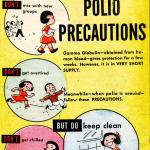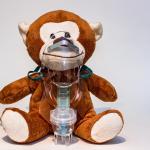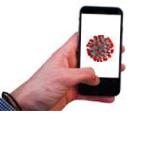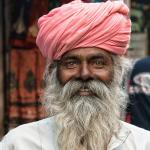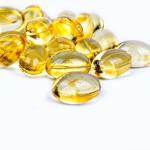It is hard to recognize the terror of infantile paralysis, polio, a highly infectious, R0 of 4 to 6, summer-time disease. It was asymptomatic for 95% of its hosts, which was good because the condition has no cure.
Disease
Irrespective of how you feel about wearing a mask and maintaining a "social" distance, the preponderance of the evidence is that COVID-19's transmission is through the air and our breathe rather than through touch or direct contact.
A group at the Commonwealth Scientific and Industrial Research Organization (CSIRO), the national science agency of Australia, just
More specifically, the researchers looked at two states within southern India with the where-with-all in terms of healthcare workers and spending to mount an aggressive surveillance program – testing all that sought care for respiratory or flu-lik
(1) More nasty vaccine side effects have been reported. Last month, the British pharmaceutical firm AstraZeneca, which is working in collaboration with the University of Oxford, temporarily suspended a clinical trial for its coron
The treatment given to POTUS is the abstraction we all desire – personalized medicine. Just the right treatment, at the right time, in the right way.
The New York Times published the results of a national survey of face-mask utilization in July 2020.
The drug is currently in a series of Phase 1 blending into Phase 2 studies.
It was a simple study design. Retrospective and observational, in today's science, a fishing trip for correlation by computer.
The Pew study found that concerns about side effects and how the vaccine works are the principal reasons that 49% o
